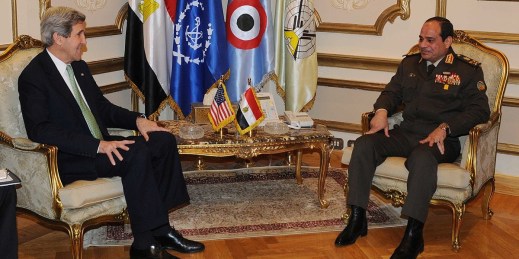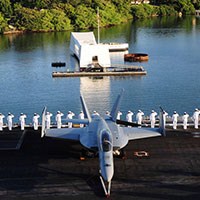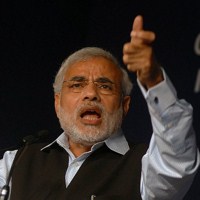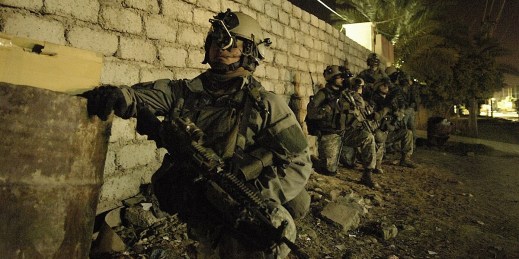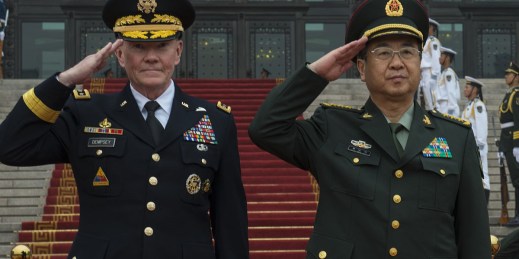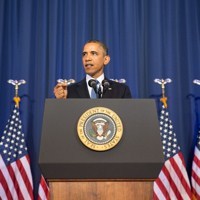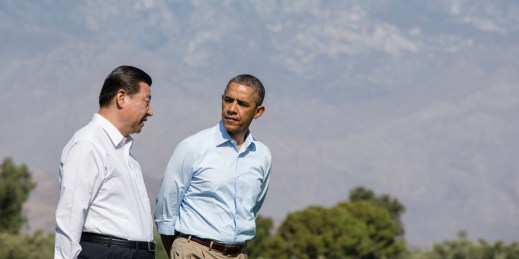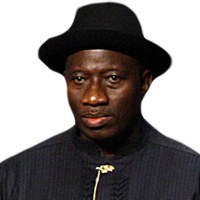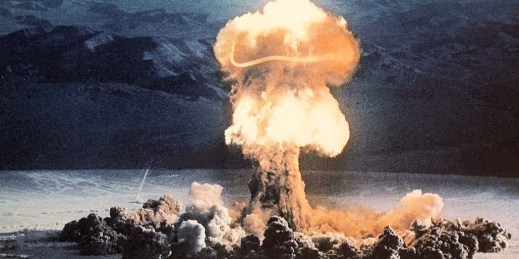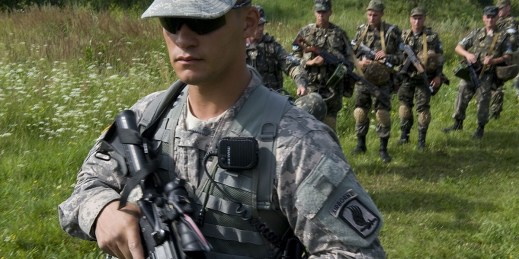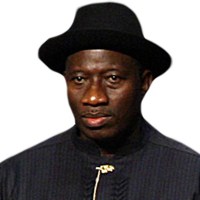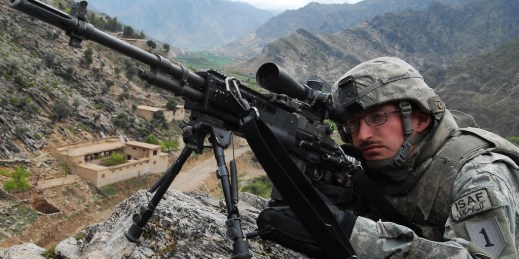
Ukraine’s new president-elect, Petro Poroshenko, has promised to open talks with Moscow on repairing the frayed Russia-Ukraine relationship. With fighting continuing in the eastern parts of the country, the economy headed toward collapse and Western rhetoric of support unmatched by concrete deeds and dollars, Poroshenko and his team might want to consider learning from how another mid-sized Eurasian state has managed its relationship with the Russian bear. This week, in a ceremony in Astana overshadowed by the events in Ukraine, Kazakhstan’s president, Nursultan Nazarbayev, signed the agreements formally creating the Eurasian Economic Union, along with the presidents of Russia and […]

